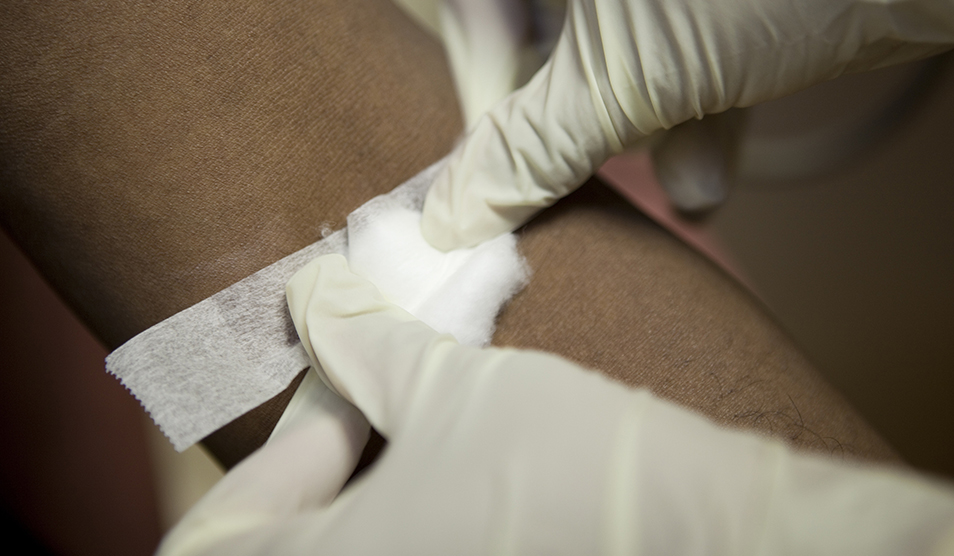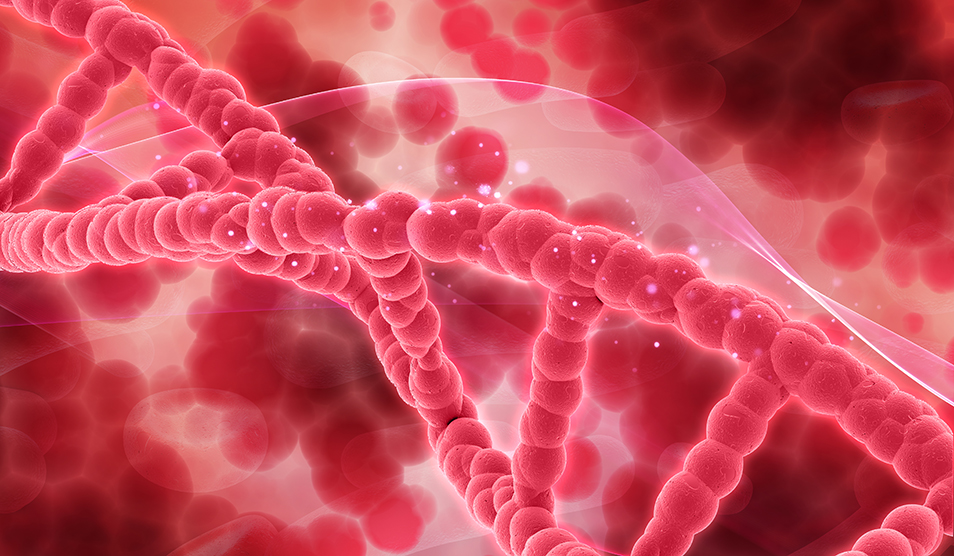Children's kidney and hypertension
Contact
- Outpatients appointments
- 020 3312 6163
Visitor Information
Translation help:
To translate this page into your preferred language, click the Google Translate icon in the top-right menu and select your desired language.
Our children’s kidney unit at St Mary’s Hospital provides a service for the investigation and treatment of children and young people with conditions affecting the kidneys and urinary system, and with high blood pressure. We work closely with Great Ormond Street Hospital for complex kidney problems.
Conditions we treat
- antenatally-detected kidney disorders
- complex urinary tract infections
- proteinuria (excess protein in the urine)
- nephrotic syndrome
- haematuria (blood in the urine)
- acute and chronic glomerulonephritis
- acute and chronic kidney injury
- bladder disorders
Clinics
Our children's kidney and hypertension service holds clinics at St Mary's Hospital.
Children's kidney and hypertension clinics at St Mary's Hospital
Address
Paediatrics department
Sixth floor
Queen Elizabeth Queen Mother (QEQM) building
St Mary’s Hospital
Praed Street
London W2 1NY
Hours
Tuesday mornings
Contact information
Phone: 020 3312 6252
Children's kidney and hypertension clinics at Hammersmith Hospital
Address
Children's outpatients
Ground floor
Block D
David Harvey unit
Queen Charlotte’s & Chelsea Hospital
Du Cane Road
London W12 0HS
Hours
Friday mornings
Contact information
Phone: 020 3312 6218
Contacting our clinic in an emergency
To urgently contact the renal team call switchboard on 020 3312 6666 and ask for bleep 6205. To contact the renal clinical nurse specialist, Karen Daubney, please call 020 3312 3718.
Meet the team
Our service is managed by children's kidney and hypertension specialists.
Clinical nurse specialist
Our service is led by Mrs Karen Daubney, renal clinical nurse specialist
Patient information
Find out what to expect when you come to hospital for your child's kidney and hypertension appointment.
Before your appointment
Certain children taking specific medicines that require regular monitoring of blood levels (e.g. tacrolimus, mycophenilate mofetil) should not take the morning dose on the day of the appointment so blood levels can be measured. Please contact the clinic if unsure.
Please bring the following:
- your child’s ‘red book’
- your full address and telephone number(s)
- your appointment card and letter
- your GP’s name and address
- a list of questions you may want to ask your consultant
During your appointment
Please note that we are a teaching hospital, so medical students may be present. If you do not wish to have them in the room, please let the nurse or doctor know.
Your child’s height, weight, and blood pressure will be measured. A urine sample will be collected. A detailed medical history will be taken and your child will be examined.
If a blood test is required, this will be carried out by trained paediatric staff using anaesthetic cream or spray.
After your appointment
If your child needs to be admitted for investigations, we will plan this to minimise time in hospital and ensure suitability for the family.
Referrals
Find out how to refer patients to our children's kidney and hypertension service.
GP
Please use NHS e-Referrals to refer a patient.
Urgent referrals
Please contact Dr Amin on 020 3312 6252 or the paediatric renal registrar via switchboard (020 3312 6666, bleep 6205).
Before referral
If referring for recurrent urine infections, please send all urine test details and microbiological reports.
GP advice
If you have questions about a patient or a referral, please call 020 3312 6252.
Further online resources
Latest news See all news
-
 Read the full story
Read the full storySt Mary’s trialling 15-minute blood test for life-threatening conditions in children
St Mary’s Hospital is one of three hospitals involved in an NHS trial to find out if an innovative 15-minute blood test can diagnose children with potentially life-threatening infections.
-
 Read the full story
Read the full storyFinalists at HSJ Digital Awards
Imperial College Healthcare has been shortlisted for five HSJ Digital Awards.
-
 Read the full story
Read the full storyWorld-first gene-editing treatment for blood disorders including sickle cell disease approved for use in the NHS
NICE has today approved a gene-editing treatment for use with NHS patients over the age of 12 with a severe form of sickle cell disease.
